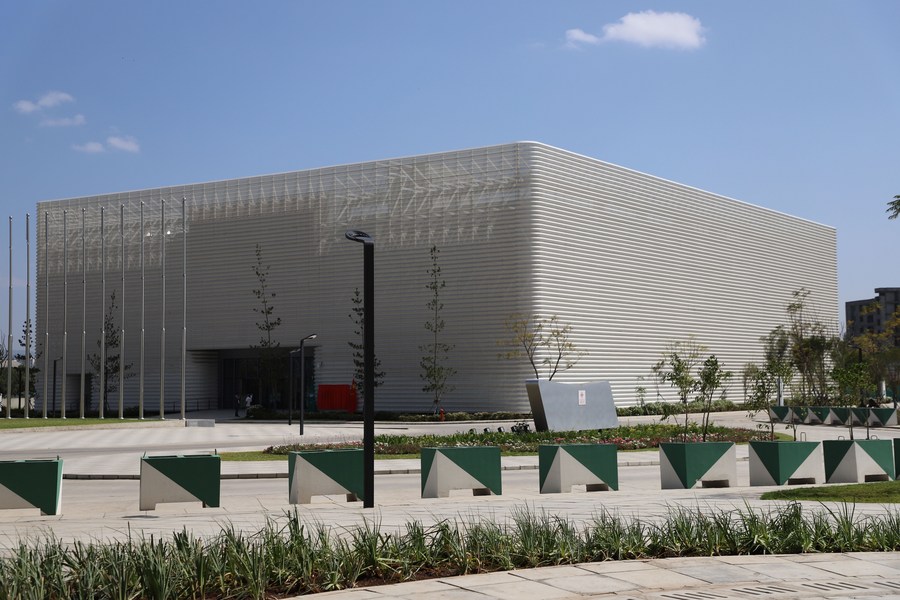Experts: Africa can take leaf out of China's book
Govts across continent urged to avail of opportunities through cooperation


China remains Africa's valued partner not only for its contribution to transforming the continent through infrastructure development but also as a role model for the continent to take a leaf from, African think tanks have reiterated.
Experts from the think tanks, who gathered for a forum in Tanzania's Dar es Salaam city last week, urged African governments and policymakers to learn from China about their development agenda as well as take advantage of the opportunities provided by the Asian powerhouse.
David Norris, advisory panel member of the Africa-China Centre for Policy and Advisory and the vice-chancellor of the University of Botswana, called on African governments and policymakers to draw inspiration from China's philosophy of development, which is people-centered.
Norris said African governments should put people first in every policy consideration.
"We should learn how China developed from a very poor country to being an economic powerhouse. If we don't set certain things right in Africa, our partnership with China could be a lopsided affair," he said.
He said if African countries fail to take care of people's desires and aspirations, the United Nations Sustainable Development Goals will become empty talk.
Norris challenged Africa to stop copying economic models and develop its own by taking a leaf from China, which he said has a homegrown economic model — a socialist market economy.
Charles Onunaiju, director of Centre for China Studies in Nigeria, said for China and Africa to remain stable in a turbulent world, Africa should meet China halfway, bring something to the table and drive cooperation on a win-win principle. This, he said, can be achieved by engaging in local capacity building.
"We need to take several initiatives, including rural revitalization, which is the strength of Africa. If we don't revitalize our rural communities, if we don't connect our rural communities with trends of Africa renaissance, it will be empty talk," he said.
Through rural revitalization, China has been able to promote a more balanced economic and social development as well as alleviate poverty and protect the environment.
Humphrey Moshi, director at the Center of Chinese Studies in Tanzania, expressed the need for Africa's proactiveness in seizing the opportunities offered by China's cooperation platforms, especially the Forum on China-Africa Cooperation and the Belt and Road Initiative.
He said the platforms are non-bureaucratic, hence consultative, through the holding of scheduled summits and ministerial conferences whose decisions are dutifully implemented.
Spillover effect
Moshi said the BRI has a positive spillover effect on other sectors of a country's economy and views the development process in its totality.
It is also inclusive as it ensures the cooperation parties meet frequently at scheduled Belt and Road forums to review progress, discuss the challenges confronted and chart out the way forward, thus promoting the spirit of ownership and partnership.
He said the BRI has incorporated a new agenda on its menu with a view to addressing challenges and tapping opportunities.
The post-COVID-19 pandemic ushered in the Health Silk Road, Green Silk Road, Digital Silk Road and Clean Silk Road, Moshi said.
He said the BRI is well aligned with individual African countries' development, visions and plans, coupled with those of regional groupings such as the East African Community, the Southern African Development Community, the Common Market for Eastern and Southern Africa, and the Economic Community of West African States.
"In that regard, African countries have been quite proactive in embracing the initiative. This is evident among others, through the mushrooming of BRI-led projects in Africa, ranging from infrastructure, manufacturing, agriculture, education, public health, energy, vocational training and culture," he added.
edithmutethya@chinadaily.com.cn

































